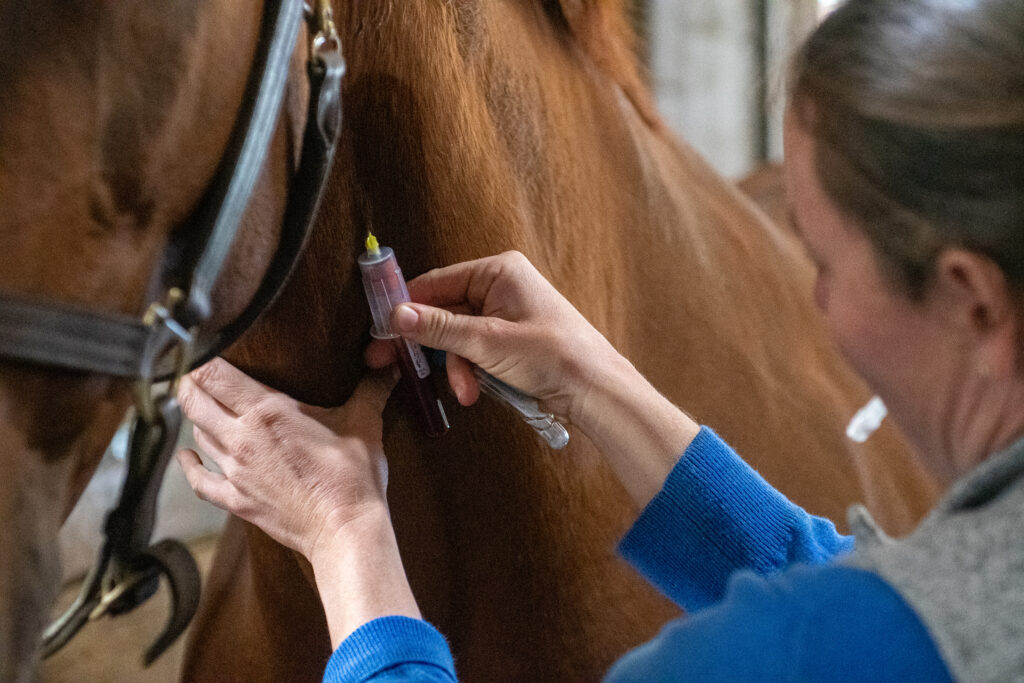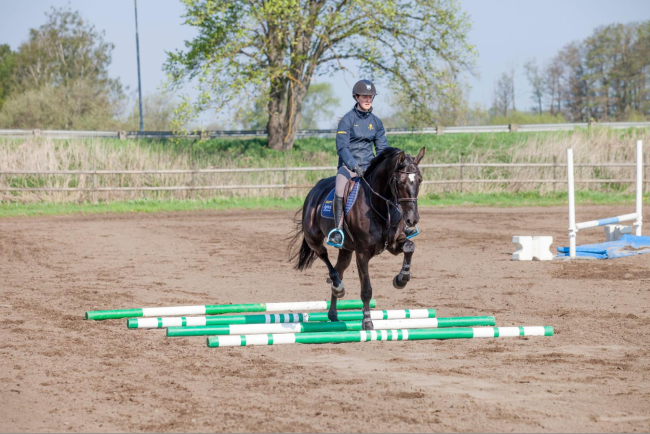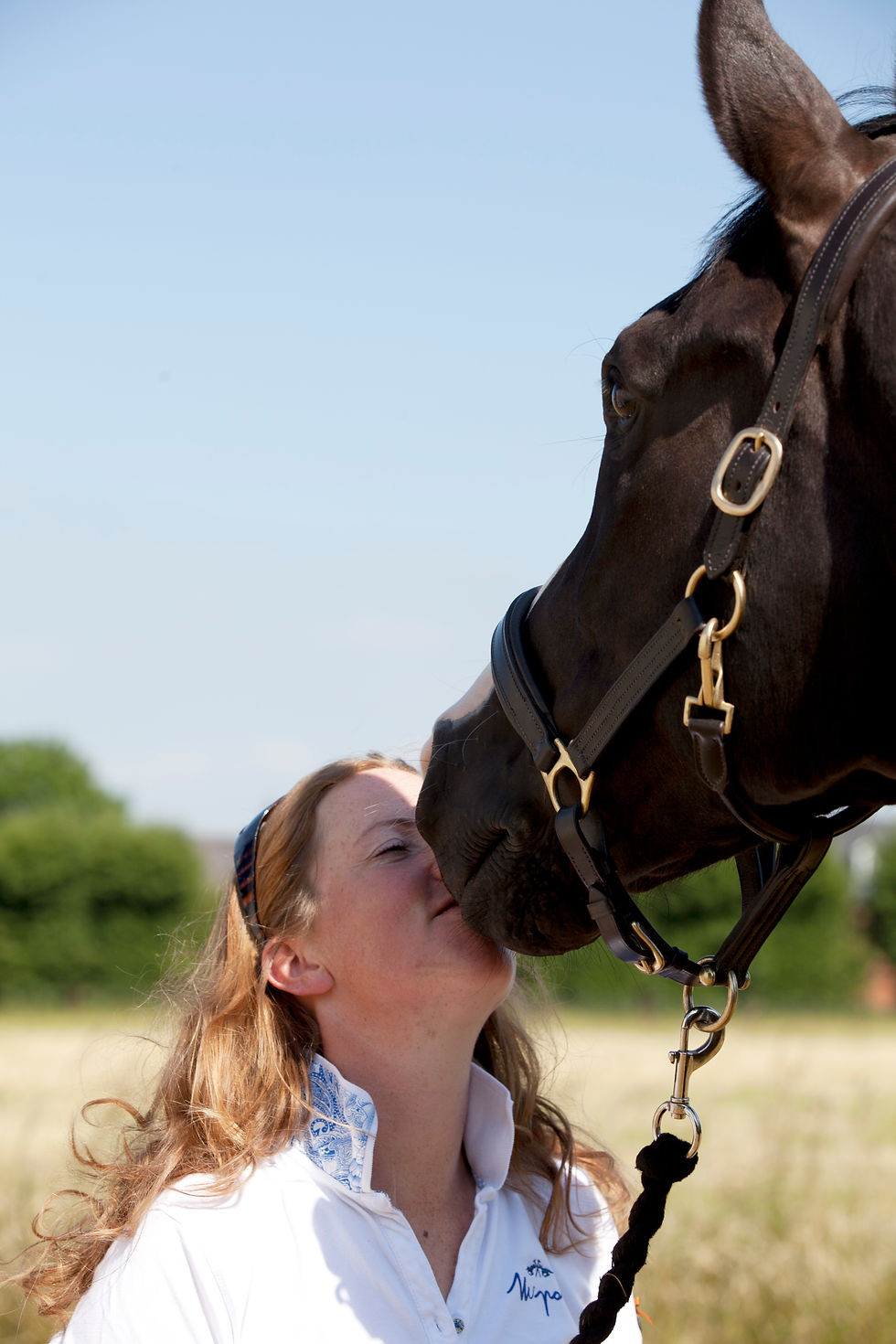Training the Older Horse: Special Considerations

Training an older horse requires a thoughtful approach that respects their age, physical condition, and previous experiences. Unlike younger horses, older horses may have unique needs and limitations that must be addressed to ensure their health, comfort, and progress during training.
Understanding the Older Horse

Older horses are typically considered those aged 15 years and above. At this stage, they may experience changes in muscle tone, joint flexibility, and overall stamina. Recognizing these changes is crucial for tailoring a training program that supports their well-being.
| Aspect | Consideration | Impact on Training |
|---|---|---|
| Physical Health | Arthritis, dental issues, vision/hearing loss | May require gentler exercises and frequent vet checks |
| Mental State | Experienced but possibly less adaptable | Training should build on existing knowledge, avoid stress |
| Nutrition | Adjusted diet for age-related metabolism | Supports energy levels and recovery |
Key Training Considerations
1. Health Assessment
Before beginning or continuing training, a thorough veterinary check-up is essential. This helps identify any underlying health issues such as arthritis or dental problems that could affect training.
2. Customized Exercise Plans
Older horses benefit from low-impact, consistent exercise routines that maintain muscle tone without overexertion. Incorporate activities like walking, light trotting, and stretching.
3. Patience and Consistency
Older horses may take longer to learn new skills or adapt to changes. Patience and consistent, positive reinforcement are key to successful training.
4. Equipment and Environment
Use comfortable, well-fitted tack to prevent discomfort. Training environments should be safe, quiet, and free from distractions to reduce stress.
Sample Weekly Training Schedule
| Day | Activity | Duration | Notes |
|---|---|---|---|
| Monday | Walking and stretching | 30 mins | Focus on warm-up and flexibility |
| Tuesday | Light trotting | 20 mins | Monitor for signs of fatigue |
| Wednesday | Rest or light hand grazing | – | Recovery day |
| Thursday | Groundwork exercises | 30 mins | Reinforce commands and trust |
| Friday | Walking and light trotting | 30 mins | Combine endurance and flexibility |
| Saturday | Trail riding (easy pace) | 45 mins | Mental stimulation and variety |
| Sunday | Rest | – | Essential for recovery |
Frequently Asked Questions (FAQ)
Q1: Can older horses learn new skills?
A: Absolutely! While they may learn more slowly, older horses can acquire new skills with patience and consistent training.
Q2: How often should an older horse be exercised?
A: Regular, moderate exercise is best. Aim for daily activity with rest days as needed based on the horse’s condition.
Q3: What signs indicate a horse is overtrained?
A: Look for fatigue, reluctance to move, changes in appetite, or behavioral changes. Adjust training intensity accordingly.
Q4: Are there special dietary needs for older horses?
A: Yes, older horses often require diets higher in fiber and easily digestible nutrients to support digestion and energy.
Conclusion
Training an older horse is a rewarding endeavor that demands respect for their age and individual needs. By focusing on health, customized exercise, patience, and proper care, you can help your older horse stay active, happy, and engaged for years to come.
